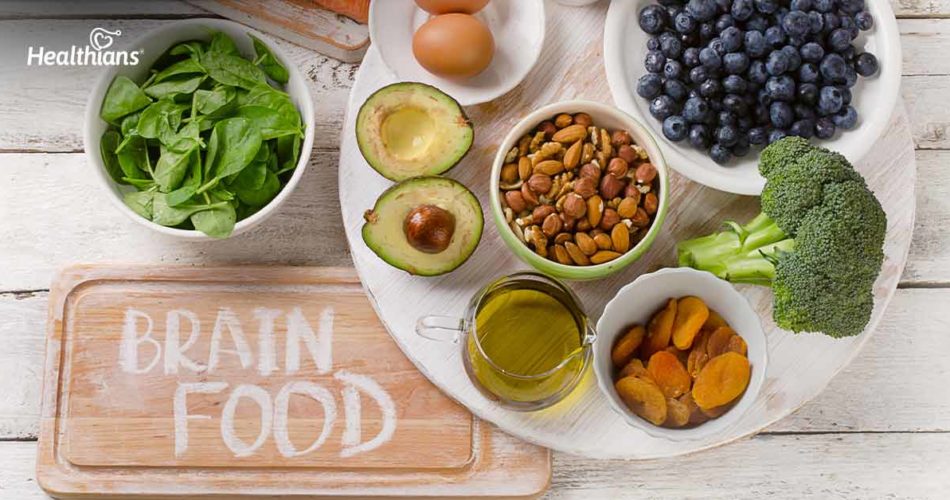Contributed by: Healthians Team
Introduction
Is dementia inevitable as we age? Not necessarily. It has been widely known that certain foods can not only keep the heart functioning well for many years, but also prevent deadly heart disease.
Medical doctors believe that the same can be said about our brain.
Numerous scientific researches continue to demonstrate that a person’s diet can help delay cognitive deterioration.
Plant nutrient research shows how such foods can improve overall health and even assist treat specific conditions like dementia.
Foods that help with dementia typically reduce inflammation and promote brain function, which is critical for the long-term health of persons suffering from dementia-related ailments.
Here are some foods good for dementia. Read on—and ensure your health and the health of others.
Go ahead and enhance your everyday diet with the goodness of the below nutrients for sound brain health.
Berries
They always say, ‘An apple a day keeps the doctor away.’ When it comes to the brain, it’s berries.
Clinical research has demonstrated that berries like blueberries, blackberries, cranberries, and strawberries can be one of your best foods to prevent age-related neurodegenerative diseases.
This is because they are loaded with a particularly high amount of flavonoids called anthocyanidins that are capable of crossing the blood-brain barrier and localizing themselves in the hippocampus, which is the area of the brain that plays a major role in learning and memory.
Legumes
Legumes offer important vitamins and minerals essential for optimal brain health.
Vitamin B6 – commonly found in legumes, tofu, and soy-based foods – offers tremendous brain benefits to older adults looking to support their memory.
Nuts
Nuts are one of the best foods for dementia patients to eat. Recent research indicates that a diet rich in walnuts can support brain health and reduce the risk of dementia.
Eating more nuts is still linked to higher brain function, as clinical studies suggest that persons who eat them on a regular basis have better cognition.
Probiotic foods
This food category can assist dementia patients in correctly digesting and absorbing nutrients from meals, such as tryptophan — a crucial amino acid for serotonin and melatonin production that dementia patients are known to have difficulty consuming.
Consuming multispecies probiotics may positively influence gut flora and increase tryptophan absorption in patients with cognitive loss, according to research.
Leafy greens
There is a growing body of compelling evidence that suggests that leafy, green vegetables may benefit an ageing brain.
High amounts of lutein and zeaxanthin, which are found in dark-green vegetables like kale, spinach, peas, collard greens, and swiss chard provide great brain benefits.
Consuming one serving per day may help to slow the degeneration of the neurological system in the elderly.
Fish
There has been growing evidence that fish, long heralded for heart health, is also good for brain health.
Greater consumption of fish such as salmon, mackerel, and herring has been associated with a lower risk of dementia.
This is because fish provides provide dementia brain with crucial omega 3 oils that could help keep your memory skills intact as you age.
Olive oil
Adding olive oil to your diet on a regular basis could prevent cognitive impairment. Olive oil, especially extra virgin olive oil, has been regarded as the best food for dementia patients to eat.
This kind of oil protects memory and learning ability and reduces the toxic accumulation of tau protein in the brain and keeps memory intact.
Researchers found that polyphenols, the antioxidants found in extra virgin olive oil (EVOO) could reverse age-related diseases of the brain.
Final thoughts
Incorporate more of these dark-green and brain-supporting plant foods into your meals and snacks as part of an overall well-balanced menu.
Additionally, don’t forget to change some lifestyle habits that can make a big difference in your overall risk for developing cognitive decline that’s severe enough to impact daily living, aka dementia.
As an add-on, make a habit of taking preventive health checkups as they can help you in getting a complete insight into your health. This will also help you with taking measures to promote your overall well-being.




